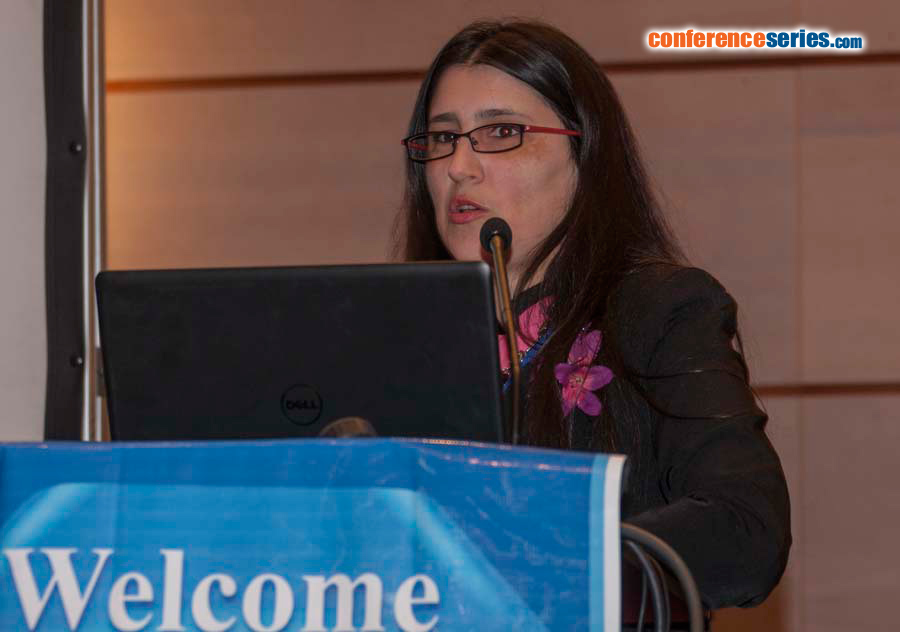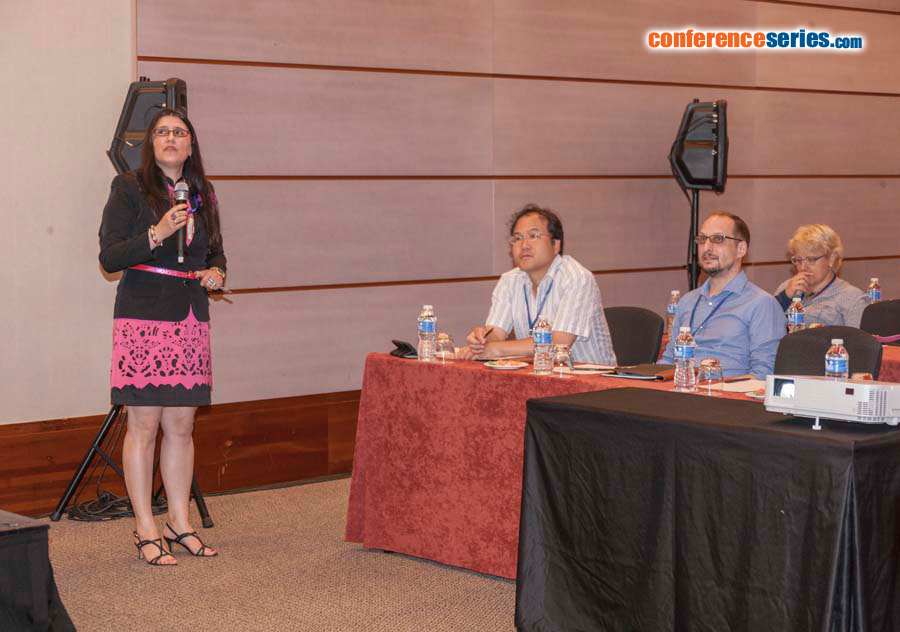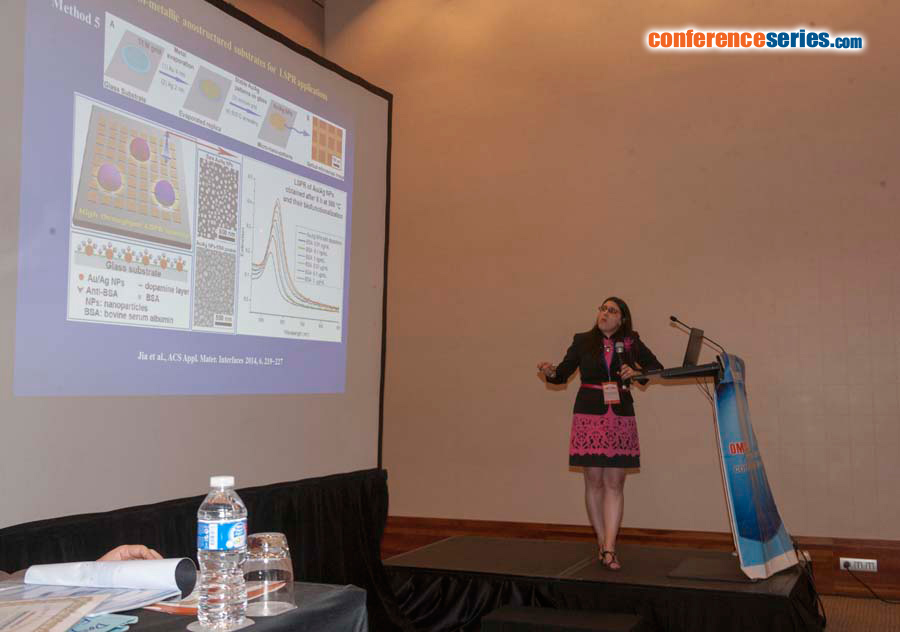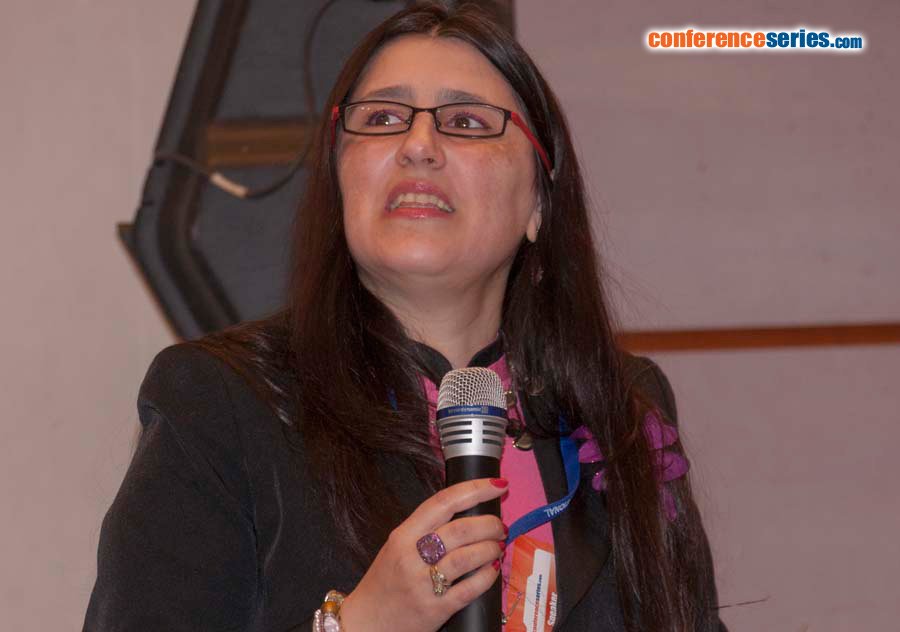
Rodica Elena Ionescu
University of Technology of Troyes, France
Title: Acoustic and plasmonic biosensors for the detection of different classes of (bio)molecules
Biography
Biography: Rodica Elena Ionescu
Abstract
Biosensors have attracted a considerable interest since the last decade. The ongoing research effort consists of developing analytical systems for multi-detection purpose, in order to reduce the time of analysis and the volume of required samples. Such goal can be achieved with the help of multiplexed detection of biomolecules. The presentation will discuss the fabrication of micro-structures on glass substrate which can be used for acoustic biosensors and the preparation of gold nanoparticles for high efficient optical detection based biosensors. The acoustic biosensor is based on Quartz Crystals Microbalance (QCM) for which the upper electrode of the quartz has been micro-structured by gold evaporation through a commercial TEM grid. Thus, several structures can be independently bio-functionalized and further used for the sequential detection of different analytes (eg. atrazine and carbofuran) by monitoring the decay of frequency of the whole quartz structure. The optical biosensor is based on Localized Surface Plasmon Resonance (LSPR) detection. This mode of detection is generated by light when it interacts with conductive nanoparticles that are smaller than the incident wavelength. Herein are presented several easy-to-prepare protocols for tuning LSPR wavelength of NPs over the ultraviolet to near-IR region. Well-organized nanoparticles are created by high-annealing temperatures over glass substrates covered by evaporation of mono- or bi-metallic thin layers. Each NPs protocol is investigated for its LSPR performances in sensitive detection of biomolecules (proteins, DNA, pesticides, etc.).







